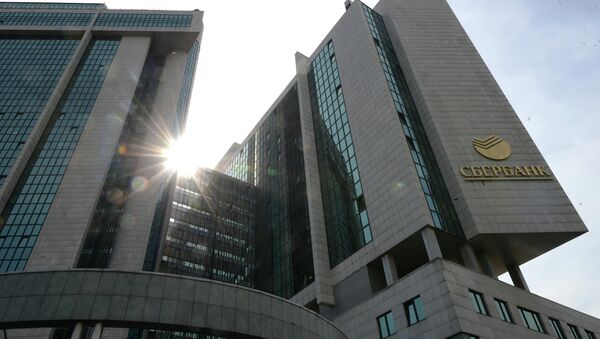Sberbank, the country’s biggest lender, was added to the list of those barred from raising long-term funding in September. This revived concerns about the whole sector’s liquidity and cost of funding as most Russian companies are forced to turn to the domestic banking sector for funding.
However, many analysts say Russia’s leading lenders are well placed to deal with the pressure. Alexander Danilov, Senior Director at Fitch Moscow office, thinks lack of sources of funding is a manageable risk for now.
“External capital markets are an important source of long-term funding, so in this situation, most likely scenario is that banks would need to repay their external liabilities. The banking sector has about $200 billion of external liabilities, a big number in itself, but at the same time they have about $70 billion of liquid external foreign currency. So in the medium term the refinancing risks are manageable, but in the long term if the sanctions are not lifted it may be an issue,” Alexander Danilov said.
Another area of concern is the corporate sector, which currently owes to external creditors twice as much as banks do – around $440 billion, while a number of major corporates have been put on the sanctions list as well.
“What we’re seeing already is that corporate are trying to borrow from local banks to service their external obligations, and for banks it’s like a double pressure – on the one hand they have to repay their own liabilities… but there’s an additional source of pressure from the corporate, as they’re trying to borrow, and that would put pressure on the banks’ liquidity,” Alexander Danilov added.
As for funds available, there’s increasing talk about switching focus to other capital markets, Asia in the first place. Just recently, Russian investment bank VTB Capital said it saw room for expansion in Asia, the Middle East and Africa.

